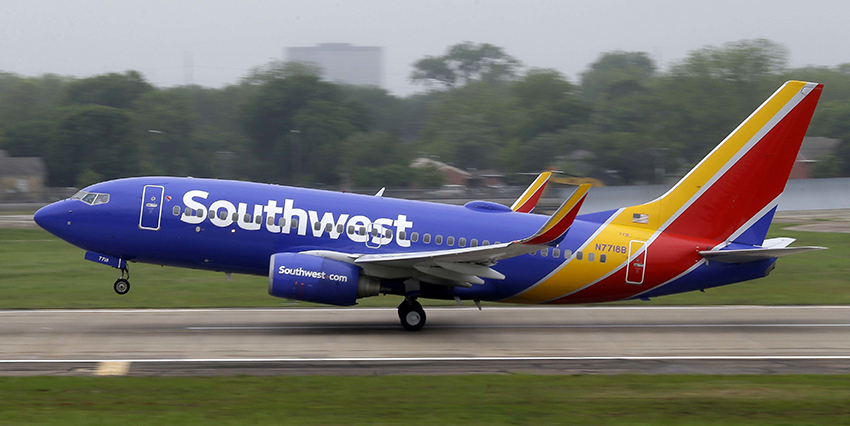Last week, a Muslim college student from UC-Berkeley was kicked off a Southwest Airlines flight and questioned by the FBI after another passenger heard him speaking in Arabic, as if midterms and the approaching of finals weren’t stressful enough for college students.
While the airline has not yet apologized, it responded by claiming that its employees were simply “following protocol, as required by federal law, to investigate and report to law enforcement agencies any potential threat to civil aviation.” I’m appalled that Southwest had the audacity to add on that it “neither condones nor tolerates discrimination of any kind,” when its employees did exactly the opposite.
In light of much of the Arab world being in the midst of political instability, national security is a very important concern. But one of the most sacred principles in the American criminal justice system is the belief that a defendant is innocent until proven guilty. No one should be made to feel unsafe on a flight or denied service because of their race, religion or the language they speak. Unfortunately, on Southwest Airlines flights, customers are experiencing just that.
The Arabic language is the fastest-growing foreign language taught at U.S. colleges and universities, and the 10th most-studied language in the U.S. This University is home to one of the strongest Arabic programs in the country. If you walk into one of its classes, you’ll find more students who aren’t Muslim enrolled than Muslims who are. Even if the passengers and employees on that flight felt threatened upon hearing a common Arabic phrase, not everyone who speaks Arabic is a Muslim. And, certainly, not all 3.3 million American Muslims are security threats.
“God-willing:” It’s both hilarious and absurd that merely saying that phrase in Arabic got him kicked off of a flight, when the 1.6 billion Muslims in the world casually use it in conversation on a daily basis. I wonder whether the response would be the same had someone who wasn’t Muslim spoke the Arabic instead.
The same country that promotes learning different languages throughout high school and college kicks a student off of a plane for speaking a Middle Eastern language. If we develop fear based on an entire language, we as a society are only going to regress, despite claiming to be the land of the free.
I only hope that employees at Southwest don’t feel threatened after eating hummus or even baklava, which originate from other Arabic-speaking countries. Instead of hating on the Arabic language, maybe they should redirect their anger towards Arabs because they invented algebra and the very calculus we wince thinking about before registering for it at the University.
Aside from losing a large chunk of potential clients, the airline has also gained a reputation of baselessly harassing minorities. This blurs the borderline between what is offensive and acceptable. Now, maybe it’ll be acceptable to report a passenger that does anything to bring you discomfort — such as snoring or playing Minecraft nonstop. Although the airline claims to operate on the principle of #SouthwestHeart, when it comes to Muslim and Arab customers, it seems to be #SouthwestHeartless.
Saifullah is a neuroscience sophomore from Dallas. Follow her on Twitter @coolstorysunao.





















